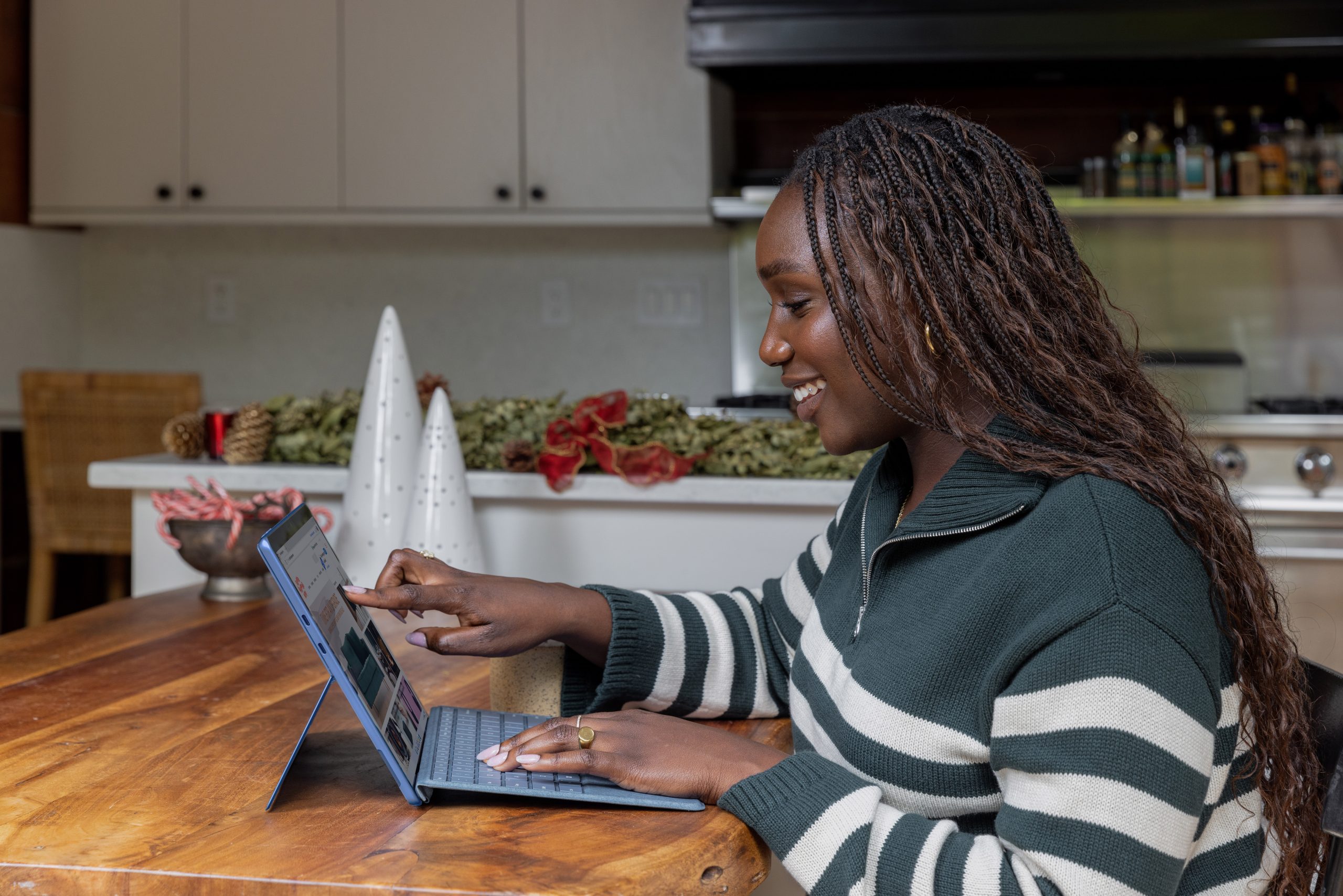
06 Dec Confidence For Young People
Confidence For Young People
Many of the teenagers, graduates, students and apprentices that I see struggle with confidence. Often this is seen as a difficulty finding their voice. This could be in the workplace, college, or even with their friends. A lack of experience, or confidence, can make us feel tongue-tied and so less likely to put our own thoughts and ideas forward.
There are few things more empowering than saying what you think. That is, what you truly think. I’m not talking about hurting people; you have to respect for people’s feelings. Still, imagine how simple life would be if you could tell your boss that her idea isn’t going to work in the way that she thinks. Or let your friend know that you would rather see her on her own and not with tagging along with her and her boyfriend.
Language and Confidence
When we look at confidence, language is one of the first things we address. It’s something I’ve had to think about for myself. At one point, my language on a confidence scale was pretty poor. I I hid what I meant in woolly phrases to avoid confrontation. Everything had to sound nice, jolly even. If I was annoyed or fed up with someone I was still concerned about coming over as the nice girl. This showed up in the language I used. This was true both in real day to day life, in my emails and online communications.
So, how did that change? I made it a mission to drop the “I was just wondering..if…when you had time..you could possibly pay me.” Instead, I deliberately used straightforward language. “I am just checking to see when you’re going to be transferring the money.” This is totally unambiguous. If they didn’t respond, my spidey sense was allowed to go into overdrive. There’s no mistaking the meaning here. No response means something’s up.
It’s easy to do a spotcheck on whether you do the same thing. Do you use add-ons like “I was just thinking?”, or “maybe, if this isn’t too left field.” These are all ways we make ourselves sound a little less confident.
Clear speaking and confidence for young people
Here are some ways you can work on becoming more clearer and saying what you think…
- Changing your language to communicate more clearly first means adding in breathing space. No rushing to reply to that text or email straight away. When you’re in conversation, practise slowing down and pausing. Give yourself time to think and time to phrase what you’re going to say next
- Listening is just as important. It allows you to really understand who you are talking to and adjust what you want to say accordingly
- Don’t be afraid to rephrase yourself.”I haven’t seen you around much..hmmm…actually I meant to say why does it feel like you’ve been dodging me all week?”
- Be brave and say, “I don’t understand that, would you mind explaining it again.” Do this, even if it’s in the middle of a conference call or conversation. No need to say I’m sorry, just ask for clarification. Often, someone else will be relieved that you’ve asked the question
- If you have to say something that you are nervous about, especially in a meeting, consider putting what you want to say in an email first. Do it clearly and succinctly and offer it up for discussion at the meeting
- There’s no need to drop the niceties in an email but get to the point quickly, before people get bored
- Practise saying “I think”, “I believe”, “I want”, “I’d advise”. You could choose a phrase of the week and see how it feels to use it
- If you’re having a difficult conversation, stay away from sharing your emotions as much as possible. Even, if you’re hurt try not to whine or sound upset as this is what people will hear, not the words.
Confidence is a journey
You also need to know what you are thinking. This means taking ten minutes to ponder what’s going on in the office on the journey home. Don’t be tempted to switch off straight away. Rather, take a little time to consider. It also means tuning into your gut instincts. This is how you recognise this new job isn’t right, or a certain friend always leaves you feeling drained.
Growing in confidence is a journey and not achieved in one swoop. The rewards are more clarity and respect from other people.
Not all therapy is about dealing with difficult life issues. We can also focus on building confidence and communication skills, and I have been helping young people and teenagers with these for many years. Book a chat to find out more, or email me here.
